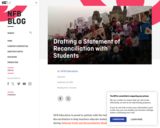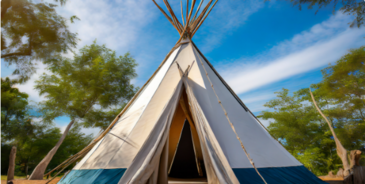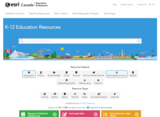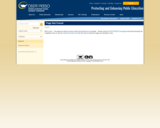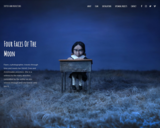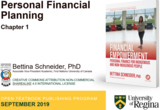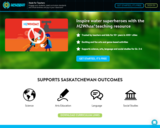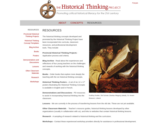This package is the online accompaniment for our feature travelling education kit: History Box. In this package you’ll find digitized copies of each object found in the box, historical context, additional resources and activity suggestions. You do not need to borrow the kit to use this online resource.
This package contains objects and resources that are represented in the Canadian Museum of History’s signature exhibition, the Canadian History Hall. Collected from across the country, and highlighting varied perspectives, these objects illuminate the richness and diversity of the Canadian experience. They can be used as entry points to discussions on different periods in Canada’s history, or as lessons in historical inquiry that can build students’ critical thinking and historical inquiry skills.
To book a History Box, or for more information, please visit historymuseum.ca/learn/history-box.
The topics covered in this History Box include Early Canada, Colonial Canada, and Modern Canada.
There are two types of activities: Package Activities and Object Activities.
Package Activities are project-based activities designed to accommodate one or more classes. These activities involve the use of historical thinking concepts while exploring the whole package, resulting in a more comprehensive experience.
Object Activities are short inquiry-based activities that typically take 5–25 minutes. These activities encourage students to think critically about the objects being presented, and to use historical thinking concepts.
Both types of activities were created with the guidance of educators from across Canada, and incorporate current educational theory and approaches.
Is everything accessible?
We know that everyone accesses information differently, and have tried to ensure that package content addresses the varied needs of students and educators. Some of the many ways in which these packages support accessibility:
- Three levels of historical context to accommodate different ways of learning.
- A variety of media, including audio and video content, for diverse learning abilities.
- Multiple activity suggestions for diverse learning abilities.
- Content can be read with Assistive Technology applications.
- Downloadable and printable content that can be accessed offline.
- Transcripts for video, audio and hard-to read archival documents.
- Video subtitles in both official languages.
- Content is available in both official languages.
- Website complies with Website Content Accessibility 2.0 AA Guidelines.
